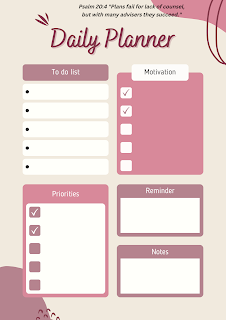Acknowledgement of work undertaken.
This is the last in this series of roundtables: how can your organization improve productivity and staff inclusion?
It is important that as leaders we acknowledge the work undertaken by our teams. To achieve a desirable outcome, it takes a team of people who input their ideas, skills, and talents. We, as leaders, should not take all the credit for a team effort. Unfortunately, that is often the case, and you will find that people will either discontinue to engage and ‘just do their basic job’, or they will leave to find a workplace or team that appreciates and acknowledges the work they undertake.
As a leader, it is an important skill to learn how to acknowledge the work undertaken by our team members. It shows you appreciate them; you value the people on your team, and it reflects your values. If you recognize and acknowledge the work undertaken by your team, they will grow in confidence, and positive relationships within the workplace, and be motivated to continue learning, engaging, and improving.
You may choose to verbally acknowledge or celebrate with the team. There may be an occasion to provide a certificate of acknowledgement or an award. For example, you may have part of your team who have worked especially hard on a project that has won an award. Why not have them take the stage to receive the award on behalf of the organization instead of yourself? This sends a message that they are valued within the workplace, and you are humble enough as a leader to allow the appropriate people worthy of praise.
While it may be more personally gratifying to garner their acknowledgement of work undertaken, you will find by cultivating a culture of respect and trust, by acknowledging the team members work undertaken, your organization can become a place where people want to come under your leadership and guidance.
What are some ways you can acknowledge the work undertaken by your team members?



















